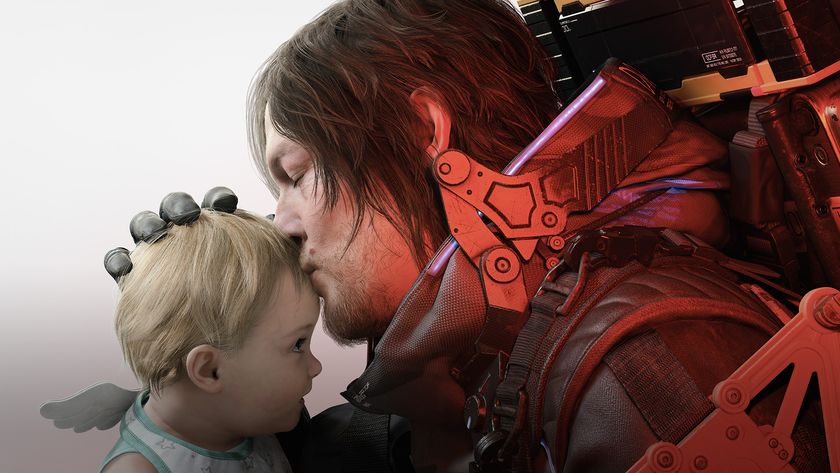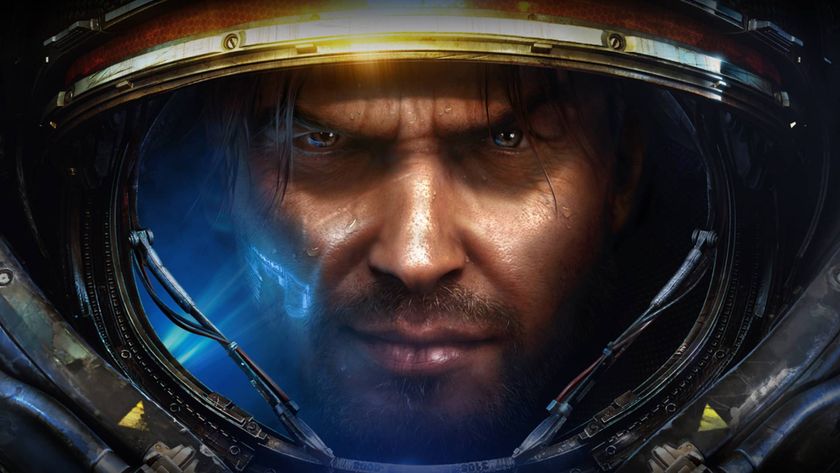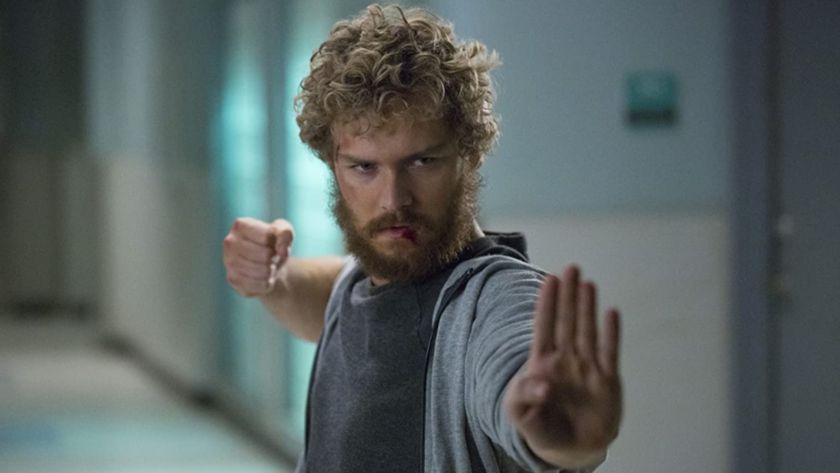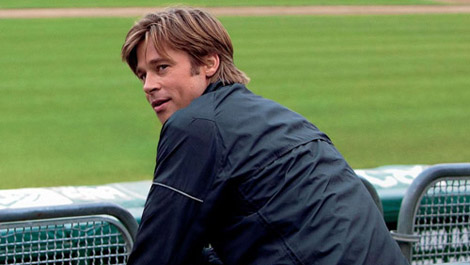Why you can trust 12DOVE
If any of that does float your boat – if Remember The Titans , A League Of Their Own and Major League: Back To The Minors rarely gather dust on your DVD shelf – then consider: Moneyball is a movie about the power of… statistics. Percentages. Analysis. Going with your head rather than your gut.
Also, there’s roughly as much sporting action as you’d see shoehorned into the end of the evening news. And all brought to you by Bennett Miller, the man who directed 2005’s Capote in cold blood. Moneyball is cerebral, low-key, gloomylooking and talky, talky, talky. Most scenes play out in un-exotic spaces – meeting rooms, locker rooms, poky offices.
But you’ll be surprised how hard it grips, even if baseball means less than sod-all to you. (It’s basically American rounders, right?) Primed for Adapted Screenplay awards nods, Steven Zaillian ( Schindler’s List ) and Aaron Sorkin’s ( The Social Network ) chewy script takes its cue from Michael Lewis’ book. It’s the story of Billy Beane (Brad Pitt), a faded player who turned his hand to management, taking on cash-strapped Major League outfit the Oakland Athletics.
Moneyball the movie starts rolling when Beane forms a shrewd alliance with Peter Brand, a composite character made flesh by Jonah Hill. Brand’s a Yale economics grad whose skill at ‘sabermetrics’ – the science of measuring game performance via cold, hard stats – inspires Beane to rebuild the team with undervalued oddballs (the injured, the over-the-hill, the fond-of i smoking-weed) rather than big hitters he can’t afford.
After a rocky start to the 2002 season, this “island of misfit toys” begin to convert all the backroom number-crunching into headline-grabbing success. Take that, conventional wisdom and old-school intuition!
Sorkin and talking
There’s a revenge-of-the-nerds undertow, but Moneyball never lowers itself to crass, air-punching triumphalism or told-you-so smugness. Even as the Oakland As re-write the record books, Beane – and the film – take a sobering time-out to ponder what it all means.
At the same time, you’re slyly swept up by all the high-wire wrangling, bartering and head-to-heads. It’s not difficult to detect Sorkin’s voice, doing for sports management what he did for website algorithms in The Social Network . The dialogue’s dense but doesn’t mystify; our heroes’ strategising is sculpted into punchy, funny exchanges.
“Would you rather get one shot in the head or five in the chest and bleed to death?” asks Beane, explaining his no-frills approach to firing people. “Are those my only options?” retorts Brand (as ever, Hill aces the deadpan delivery.)
While Zaillian/Sorkin let rip, director Miller keeps a comparatively low profile. Maybe Steven Soderbergh – who departed when Sony put the project on hold – would have injected more split-screen pizzazz, but Miller essays a restraint that benefits the human moments weaved between the ballpark wheeling and dealing. There’s an exquisitely awkward encounter between Beane, his ex-wife (Robin Wright) and her new beau (Spike Jonze).
Then there’s the scene where Beane’s daughter Casey ( Brothers & Sisters ’ Kerris Dorsey) picks up a guitar and strums her dad a song: mawkish on paper, but in reality rather sweet.
Does it seem off-key that Casey gets more face-time than most of the Oakland boys we’re meant to be rooting for? (The exception is Chris Pratt as injured catcher turned first-baseman Scott Hatteberg, endearingly fearful that he’s going to get hit by the ball.) Not necessarily. After all, this is Beane’s story, and in downplaying the players the movie cannily mirrors his own sense of professional distance.
As a cast-iron personal rule, Billy never watches the games, and the camera usually stays with him. But instead of getting all navel-gazey about it, Miller grounds Beane’s superstitions in visceral, compulsive behaviour: neurotically flicking the radio on and off, or hitting the gym, hard.
Double whammies
Although he never swings a bat, Pitt gives a swaggeringly physical, show-don’t-tell performance. Occasionally, alas, the tics and twitches can seem too prepared, too Method-mannered. Still, even if it is ultimately his show, Pitt racks up some lovely double acts: bonding with Dorsey (for once, here’s a workaholic dad who’s doting rather than deadbeat), riffing with Hill or sparring with team manager/ sceptical grump Art Howe (Miller’s Capote star Philip Seymour Hoffman, excellent value in another of his hands-on-hips, I’ve-been-in-this-game-longer-than-you support roles – see also Charlie Wilson’s War and The Ides Of March) . What’s more, beneath the brash there are slivers of self-questioning and melancholy that leave their mark on the overall mood.
Wally Pfister (Christopher Nolan’s regular cinematographer) paints the action in naturalistic shades that purposefully evoke ’70s grit and murk (specifically the work of The Godfather genius Gordon Willis). It’s not just for show but part of Moneyball’s gameplan, avoiding the rose tint so typical of the genre. Miller isn’t so anti-sentiment as to kill the thrill of the time-honoured climactic big match. Instead, he strikes a balance rare among films about baseball: never suggesting it’s only a game, but always remembering it’s also a business.

Death Stranding 2 inches ever closer to completion as Hideo Kojima says sound mixing is finally finished just 3 months before release

Following whispers of a StarCraft revival at Blizzard, 4 game companies are reportedly in competition to secure publishing rights and develop new games in the series

Iron First actor wants to return to Marvel and "prove people wrong": "Give me a f***ing chance, man"











